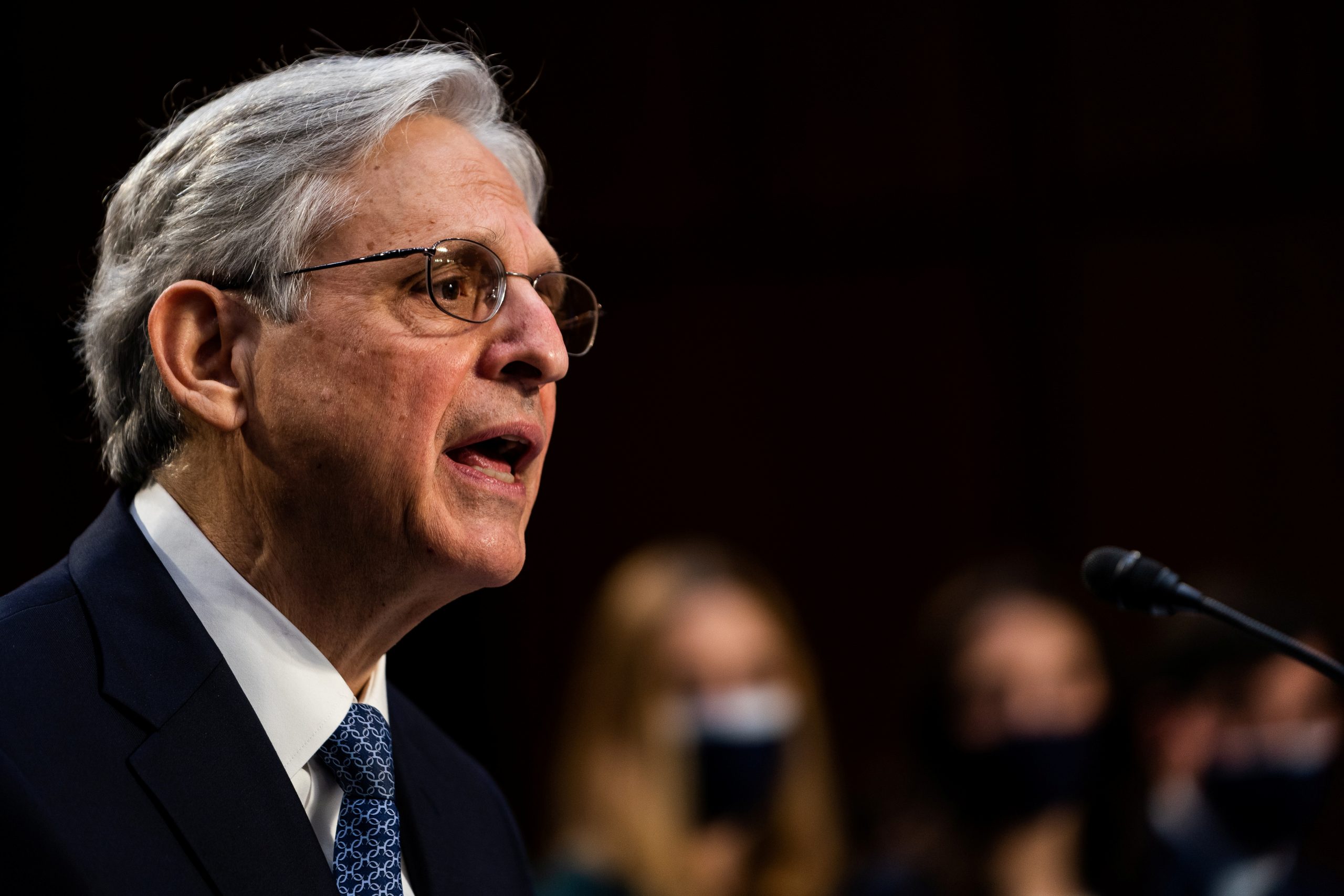Attorney General Merrick Garland says “it is time for Congress to act again to protect the right to vote.”
In an op-ed published by The Washington Post, Garland argues why “our society is shaped not only by the rights it declares but also by its willingness to protect and enforce those rights.”
He continued, “Nowhere is this clearer than in the area of voting rights.”
The attorney general noted it has been 56 years since the Voting Rights Act became law. During the signing ceremony, President Lyndon B. Johnson called it “one of the most monumental laws in the entire history of American freedom.”
Referencing the 15th Amendment, Garland explained, “For nearly a century following the amendment’s ratification, the right to vote remained illusory for far too many.”
Garland proceeded to discuss the Civil Rights Act of 1957, saying the law “authorized the attorney general to sue to enjoin racially discriminatory denials of the right to vote.”
He added, “Although the Justice Department immediately put the law to use, it quickly learned that bringing case-by-case challenges was no match for systematic voter suppression.”
According to Garland, without “the civil rights movement’s persistent call to action,” things would not have changed.
Pointing out one of the provisions of the Voting Rights Act, Garland expanded on how “the Justice Department blocked thousands of discriminatory voting changes that would have curtailed the voting rights of millions of citizens in jurisdictions large and small.”
Garland recognized the Voting Rights Act gave the Justice Department authority. At the same time, it also imposed checks on that power.
The op-ed touches on a Supreme Court decision that removed the provision. Without it, the Justice Department has been unable “to stop discriminatory practices before they occur.”
Concluding his op-ed, Garland wrote, “On this anniversary of the Voting Rights Act, we must say again that it is not right to erect barriers that make it harder for millions of eligible Americans to vote. And it is time for Congress to act again to protect that fundamental right.”

























 Continue with Google
Continue with Google